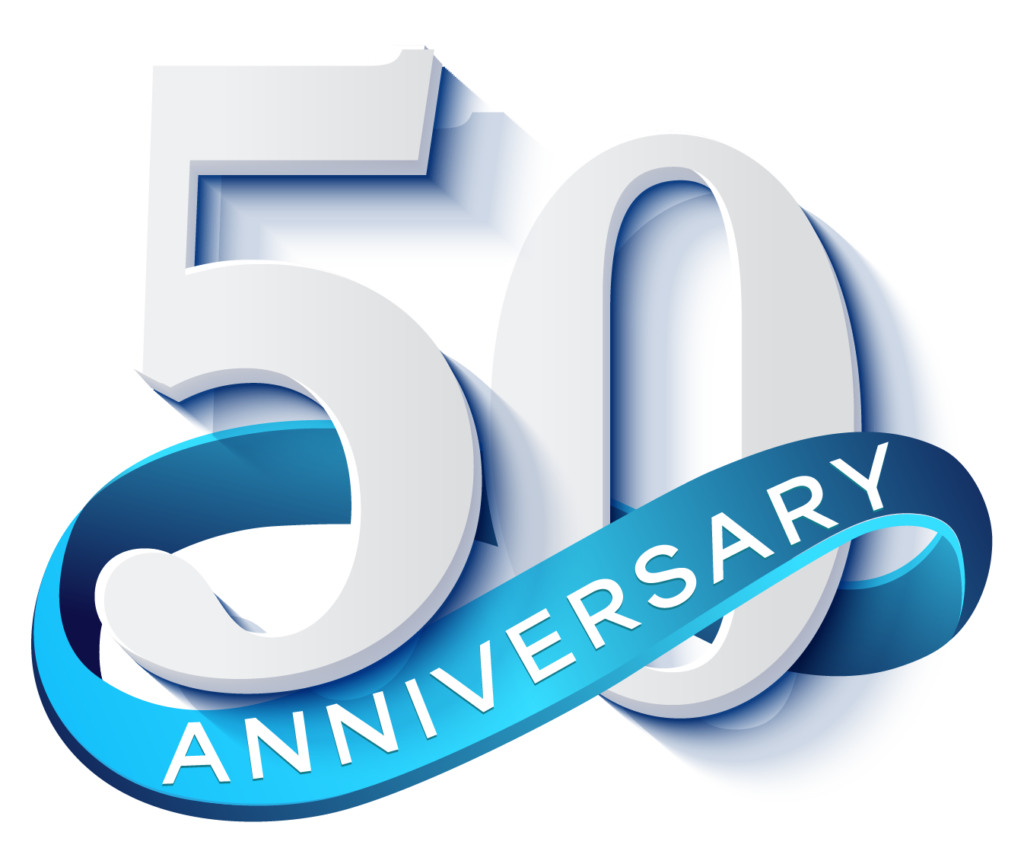When it comes to the business world, the question of “what is executive coaching” often leads to remarkable stories of personal transformation and success. Executive coaching has the power to unlock an executive’s full potential, enhancing their leadership skills, emotional intelligence, and overall workplace effectiveness. Many executives find themselves navigating complex challenges, and through coaching, they gain renewed clarity and confidence, ultimately fostering positive change not only within themselves but across their organizations.
As we delve deeper into “what is executive coaching,” it becomes evident that its significance is rapidly growing in modern business. The ability to adapt, innovate, and inspire teams is essential in a competitive landscape, and executive coaching provides the tools to empower leaders to rise to these challenges. In this blog post, we will explore the intricacies of executive coaching and its transformative effects on leadership and organizational success.

Executive Coaching Fundamentals
At its core, executive coaching is a professional relationship that helps individuals in leadership positions enhance their skills and effectiveness. This partnership is built on trust and confidentiality, allowing executives to openly explore their thoughts, challenges, and aspirations.
The core principles of executive coaching include active listening, powerful questioning, and a commitment to fostering self-awareness, allowing leaders to identify their strengths and areas for growth. By promoting a culture of continuous improvement, coaching empowers leaders to navigate their personal and professional journeys with confidence.
Key Objectives of Executive Coaching
The primary objective of executive coaching is to equip leaders with the insights and tools necessary to overcome their unique challenges. This includes enhancing leadership styles, refining communication skills, and fostering emotional intelligence.
Through a collaborative and individualized approach, career coaching helps leaders set clear goals, identify obstacles, and strategize actionable steps toward achieving success. Ultimately, the goal is not only to improve individual performance but also to cultivate a positive and connected work culture where team members feel valued and motivated to contribute their best efforts.
What is an Executive Coach?
An executive coach is a trained professional who works one-on-one with individuals in leadership positions to enhance their effectiveness. This relationship is built on mutual respect and understanding, enabling the executive coach to support the executive in exploring their thoughts, challenges, and aspirations more deeply.
By fostering self-awareness and encouraging open dialogue, a leadership coach helps leaders navigate the complexities of their roles and develop strategies that align with their personal and organizational goals.
Qualifications and Skills Required
To serve effectively, a master-certified coach or associate-certified coach should possess relevant qualifications, often including coaching certifications, advanced degrees in psychology or business, and extensive experience in leadership roles. Essential coaching skills include active listening, empathy, insightful questioning, and the ability to deliver constructive feedback. These competencies enable coaches to connect with their clients emotionally and intellectually, guiding them toward self-discovery and growth.
Different Types of Executive Coaches
There are various types of executive coaches, each bringing unique approaches to their practice. Some focus primarily on performance improvement, while others specialize in leadership development, emotional intelligence, or team dynamics. This diversity allows organizations to select a coach who is best suited to address specific challenges, ensuring a tailored and effective team coaching experience. According to a study, companies that engage coaches often see significant improvements in employee performance and morale, with over 70% agreeing that coaching is extremely effective.
Internal vs. External Coaches
Internal coaches are typically employees within the organization, offering insights that are closely aligned with the company’s culture and processes. They understand the nuances of the environment, which can be beneficial for specific challenges.
On the other hand, external coaches provide an outsider’s perspective, often bringing innovative ideas and a fresh approach to leadership challenges. Both types have their advantages, and the choice between them depends on the organization’s unique needs and coaching goals.
Generalists vs. Specialists
Executive coaches can be generalists, equipped to address a wide range of leadership issues, or specialists, focusing on particular areas such as conflict resolution, team building, or strategic planning. Generalist coaches are often versatile and adaptable, while specialists bring in-depth knowledge in specific domains.
Choosing between a generalist or specialist coach depends on the executive’s specific needs, the goals of the coaching engagement, and the nature of the challenges faced. Ultimately, the right executive coach can make a profound impact on a leader’s journey, facilitating meaningful growth and development.
Executive Coaching Process
The journey of executive coaching begins with a promise of transformation, where each leader discovers their growth. Through a structured yet compassionate approach, coaching transforms ambitions into achievable goals, paving the way for meaningful change in both personal and professional spheres.
Initial Assessment and Goal Setting
The first step in the coaching process is an initial assessment that allows both the coach and the leader to gain deep insight into the leader’s current situation. This assessment often includes self-reflections, feedback from peers, discussions around aspirations or science-based personality assessments such as Personalysis.
Setting goals at this stage is crucial, as it creates a clear roadmap for the coaching engagement, aligning the leader’s ambitions with practical steps to achieve them. When leaders articulate their personal and professional history and aspirations and challenges, they cultivate a sense of ownership over their development, increasing their motivation to grow.
Developing a Personalized Coaching Plan
With insights gathered during the assessment, the coach collaborates with the leader to develop a personalized coaching plan. This plan is not a one-size-fits-all approach; instead, it is tailored to the leader’s unique needs, strengths, and areas for development. Together, they identify specific skills to enhance, behaviors to modify, and milestones to achieve, ensuring the plan resonates deeply with the leader’s vision for success.
For example, with the help of the Personalysis assessment tool, you can
For example, with the help of the Personalysis assessment tool, you can bring more awareness, understanding, and impact to your leadership journey. Our insightful executive coaching program not only enhances self-awareness but also equips you with the skills needed to understand and influence others effectively. By engaging in our leadership development coaching, you’ll develop the ability to cultivate and maintain healthy relationships, ultimately leading your team to success.
Learn More About How Personalysis Can Help You Achieve Your Potential Today!
Implementation and Regular Check-ins
As the coaching journey unfolds, the implementation phase requires consistent effort and engagement. Regular check-ins become a vital component of this process, providing the leader with opportunities for reflection and guidance. These coaching sessions serve as touchpoints, allowing the leader to discuss challenges, celebrate successes, and adjust their approach as necessary, reinforcing the coach’s supportive role in their growth.
Not to mention, progress is not merely defined by achieving goals; it is about the transformation and growth experienced along the way. Coaches and business leaders work together to establish metrics for success, which can include feedback from team members, improvements in performance, or the attainment of specific objectives.
Adjusting Strategies for Continuous Improvement
As leaders evolve, so too should their coaching strategies. An essential aspect of the coaching journey is the willingness to adjust methods based on ongoing feedback and changing circumstances. This adaptability ensures that the coaching remains relevant and impactful, with the coach providing guidance to refine strategies that support the leader’s continuous development. By fostering a culture of ongoing improvement, both leaders and organizations can thrive, embracing new challenges as opportunities for growth.
Benefits of Executive Coaching
The journey through executive coaching is not just about professional growth; it’s a profound transformation that touches all aspects of a leader’s life. As they navigate this process, the benefits become clear, illuminating the path to a brighter future for both the leaders and their organizations.
Enhanced Leadership Skills
Executive coaching empowers leaders to enhance their leadership skills by providing personalized feedback and development strategies. As leaders learn to communicate more effectively, delegate tasks, and inspire their teams, they become more confident in their ability to lead. This growth not only influences their own performance but elevates the entire team dynamics, fostering an environment of trust and collaboration.
Improved Decision-Making Abilities
Coaching encourages leaders to refine their decision-making abilities by guiding them to think critically and consider various perspectives. This enhanced capability leads to making sounder, more strategic decisions, which can significantly impact the organization’s success. When leaders practice weighing pros and cons and evaluating the potential consequences, they create a culture of informed decision-making throughout their teams.
Increased Self-Awareness and Emotional Intelligence
One of the most profound outcomes of executive coaching is the boost in self-awareness and emotional intelligence. Leaders learn to recognize their emotions, understand how they influence their actions, and comprehend how their behaviors impact others. This newfound awareness fosters empathy, allowing them to build stronger, more meaningful relationships with their colleagues, which is essential in creating a harmonious workplace.
Better Stress Management and Work-Life Balance
Through coaching, leaders gain vital tools for managing stress and achieving a healthy work-life balance. Strategies for prioritization, time management, and self-care not only help them handle workplace pressures but also encourage them to invest time in their personal lives. As a result, they become more resilient and focused, ultimately increasing their overall productivity and satisfaction.
Positive Impact on Organizational Culture and Performance
The influence of executive coaching extends beyond individual growth, reaching the broader organizational culture. When leaders thrive, they inspire their teams, promoting a culture of continuous improvement and innovation. Investing in leadership development leads to remarkable outcomes for both the individuals and the organization as a whole.
Selecting the Right Executive Coach
Choosing the right executive coach can be a life-changing decision. It’s essential to find someone who aligns with your goals and can inspire you on your journey toward growth and transformation.
Factors to Consider When Choosing a Coach
When selecting a coach, consider their experience and qualifications, as well as their coaching style and approach. It’s important to seek out a professional-certified coach whose values resonate with yours and who understands the unique challenges you face as a leader. Look for someone who can offer a blend of professional expertise and personal insight, creating a supportive environment tailored to your needs.
Questions to Ask Prospective Coaches
Engaging in an open dialogue with potential coaches helps ensure a good fit. Ask about their performance coaching philosophy, methods, and specific experiences working with leaders in your industry. Inquire how they measure success and the types of outcomes they have helped previous clients achieve. This conversation not only reveals their approach but also demonstrates their commitment to your growth.
For example, at Personalysis, our framework is backed by science and extensive research, providing leaders with a deep understanding of themselves and their teams. Our leadership coaching program is certified to deliver this insight and guide individuals on a journey of personal and professional development.
Learn More About How Personalysis Can Help You Achieve Your Potential Today!
Red Flags to Watch Out For
While seeking the ideal coach, be mindful of certain warning signs. Coaches who lack proper credentials, have rigid methods with no room for adaptation, or push their agendas instead of listening to your needs may not be the right choice. Trust your instincts; if something feels off during your interactions, it’s worth exploring other options.
How to Establish a Successful Coach-Coachee Relationship
Building a successful relationship with your coach requires open communication and trust. Be candid about your goals, challenges, and feedback throughout the coaching process. By fostering this connection, you create a safe space for vulnerability and growth, enabling you to explore deeper insights and achieve lasting change together.
So, What is Executive Coaching: Final Thoughts
In a world that is constantly evolving, the role of executives is more critical than ever. The key benefit from executive coaching is invaluable assets for any leader striving for excellence. Investing in executive coaching not only paves the way for personal growth but also transforms organizational dynamics, creating a thriving atmosphere where success can flourish.
At Personalysis, our executive coaching services are designed to equip you with the tools and insights necessary to unlock your potential and drive your team toward success. Embrace the opportunity for growth and transformation, and watch as you and your organization thrive together.
Learn More About How Personalysis Can Help You Achieve Your Potential Today!




